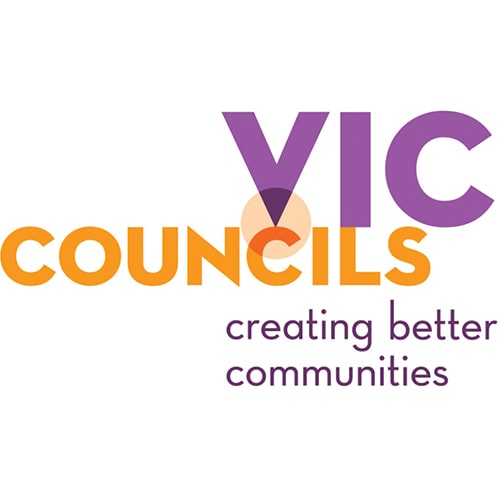Australians lost almost $500 million to scams in 2022.
Scammers try to trick you with promises of easy money, fabulous prizes, miracle cures or true love, or with threats of huge fines, or cancellations. Knowing how to spot a scam is your best defence. And if you are scammed, be sure to act quickly.
What are scams?
Scammers pretend to be from organisations or service providers you know or trust – like a bank, government, lawyer, police or phone company. Sometimes they might impersonate a loved one or try to pass off a fake business as legitimate.
They tell you a fake story they want you to believe and try to trick you into giving them your personal or banking information or sending them money.
Scams can happen over the phone, via text message, email or private message on social media and dating apps or by mail or in person.
Does it pass the scam test?
Be wary if you’re:
- Contacted out of the blue.
- Unsure how they got your contact details.
- Offered something which seems too good to be true.
- Promised quick wealth or threatened with legal action.
- Asked to provide or update your personal information or bank details via a link.
- Pressured to act immediately or make a quick decision.
- Asked to pay money upfront.
Types of scams
- Online shopping, buying and selling scams – fake retail websites or offering an item for sale that doesn’t exist.
- Investment and insurance scams - offer fast ways to make money.
- Phony prizes, lotteries or inheritances - promises of a big prize or money.
- Online dating and romance – pretend to be romantic partners and play on your emotions to get money, gifts or personal details.
- Fake tradies – Pretend to be a qualified tradie and offer to do work on your property at a huge “limited time” discount.
- Threat and penalty scams – threats of arrest or claiming you own money on an unpaid bill, tax office debt or fine.
- Phishing scams – pretending to be from a legitimate business, such as a bank, government agency, phone company or internet service provider
- Charity rackets – pretending to work for a legitimate cause or charity to collect “donations”.
- Identity theft – stealing your personal details to commit fraudulent activities in your name such as taking out loans, making expensive purchases or carrying out other illegal business.
Stop, check, act
- Stop – Think before you react. Don’t give money or personal information to anyone if you’re unsure.
- Check – Ask yourself, could the message or call be fake? Check whether the suspicious contact is from a real person or organisation.
- Act – Act quickly if something feels wrong. Block or delete the text or email, hang up the call or contact your bank or financial institution.
10 steps to stay ahead of scams
- Don’t share your personal, credit card or bank info with anyone you don’t know and trust.
- Delete suspicious texts and emails and close pop-up windows.
- Don’t answer calls from “unknown” numbers. If it’s someone who genuinely needs to contact you, they will leave a message.
- Don’t click on links or open attachments received in unexpected texts, social media messages, or emails. Delete them straight away.
- Don’t share your passwords or allow others to access to your mobile phones or computers, even remotely.
- Check whether the suspicious person or business is real. Do a Google image search on photos, check online for reviews or contact the relevant industry association.
- Check the email address against something you have actually received from the organisation – such as a monthly statement, bill – or what’s on their official website or secure app.
- Contact the organisation directly to see the suspicious contact is genuine – use an email, phone number or online chat service you’ve sourced yourself from their official website or secure app. If they’re trying to impersonate a loved one, call, email or private message the real person using contact info you’ve used before.
- Only access your online accounts using the organisation’s secure app or official website. Never clink on a link that’s been sent to you in an email or text message.
- Do an online search using the exact wording in the offer, or the number the call or text came from – well-known scams can be found this way.
What to do if you've been scammed
- Notify your bank or financial institution immediately sent money, or shared card details or noticed any unusual activity in your account. The quicker you contact them, the more likely they can take action.
- Run a full system virus check of your computer and change all your passwords.
- Report the scam to Scamwatch and/or ReportCyber.
- If the scam happened on social media or an online marketplace (eg, eBay, Facebook, Instagram or Poshmark), report the scammer to the relevant platform.
- Tell your friends, neighbours, family members and colleagues about scams you become aware of. If you’re a small business, let your industry association or business contacts know.
- Consider speaking with a counselling or support service you can trust, such as IDCare
- Beware of a “follow-up” scammer who claims they’re from a law enforcement agency and will investigate your case for a fee.







